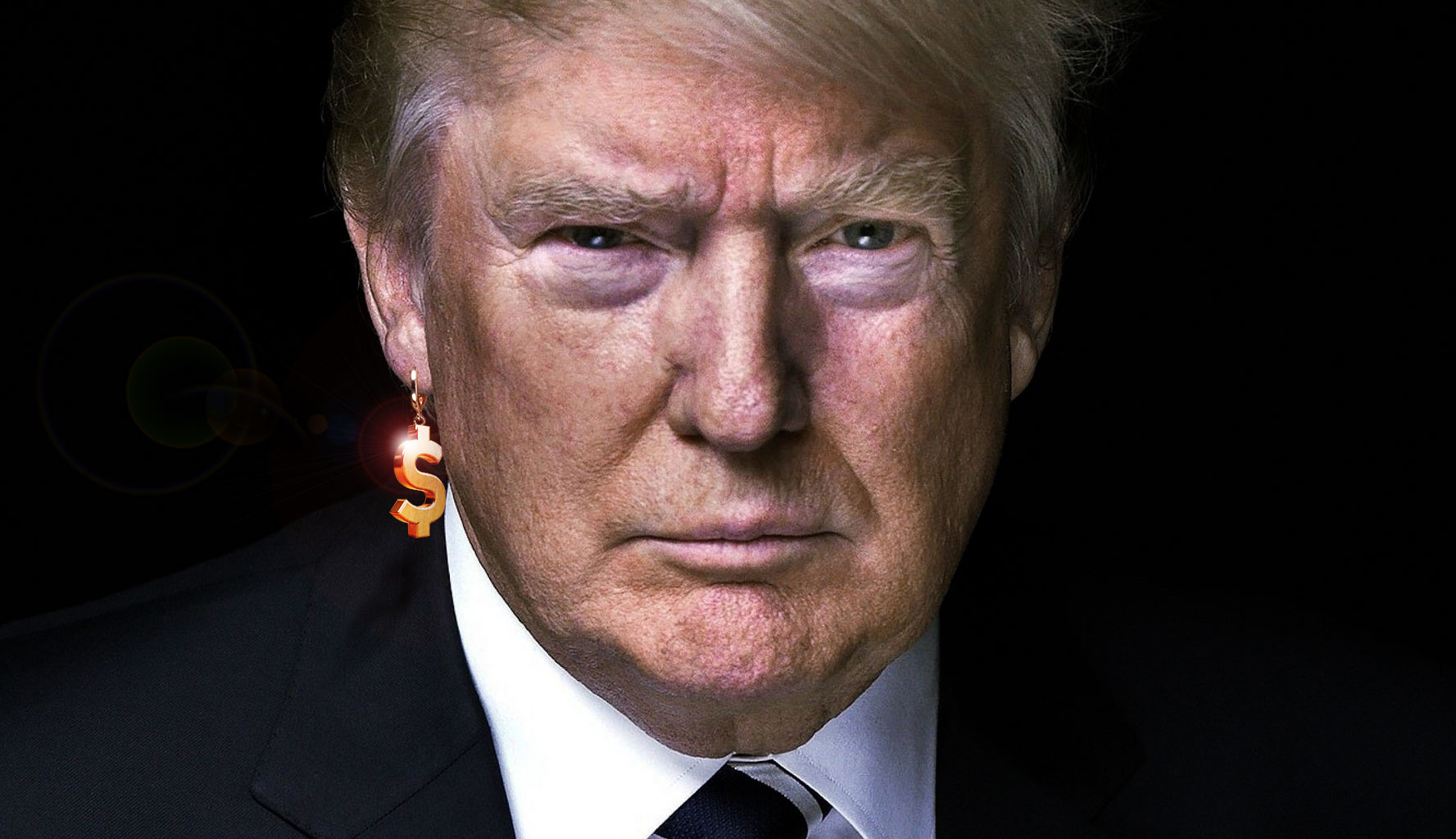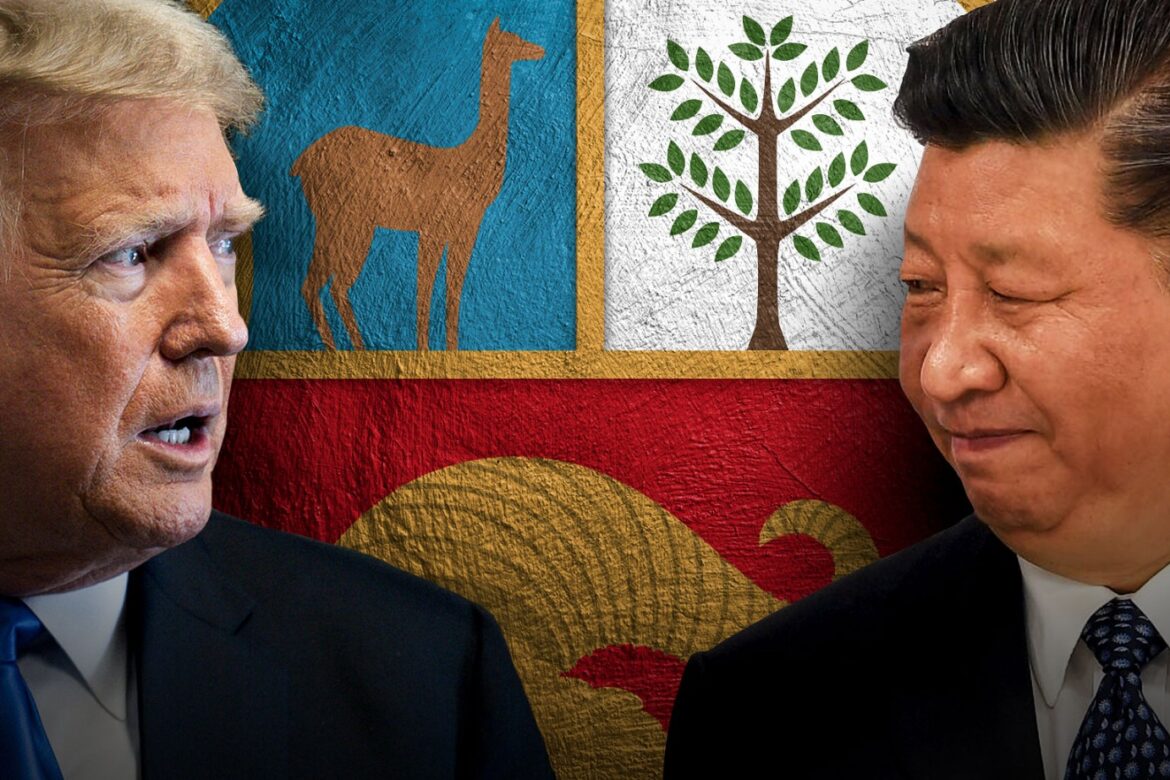On June 26, 1945, the Charter of the United Nations was signed by 50 countries in San Francisco (Poland signed a little after this) and on October 24 of that year this was ratified by most of the signatory countries. So the United Nations (UN) was born, to replace to the Society of Nations created after the First World War but which was not successful on preventing the Second World War.
So this year is the 70 anniversary of the creation of the United Nations and many voices are claiming for a reform of it, especially of the composition of the permanent members of the United Nations Security Council, the UNSC. The 5 permanent members, the United States, Russia, China, France and United Kingdom, were the victorious countries in the Second World War and were the most richest or the biggest, but the situation has changed dramatically after 70 years. Now there are several nations richer than several of them, for example Japan and Germany are bigger economies than France, United Kingdom and Russia, and also Japan and Germany give more money to the United Nations that all permanent members of the UNSC except the United States.
Peru for example has asked for a reform of the UN, among other things, for a modification of how the UNSC work, to make its work faster and avoid being trapped by the veto power of one of its members. Also it is asking for inclusion of new members in the UNSC to reflect the changing reality of the 21 century compared with the composition of the permanent members of UNSC that reflect the situation in 1945.
Regarding the inclusion of new members Peru will support that some country from Latin America become a new permanent member of the UNSC. It could support to Brazil but then, as many other Latin American countries, there is no consensus in the region to support Brazil yet because Mexico and Argentina would also like to represent to Latin America in the UNSC.
Peru could support also to Germany, India, and Japan to become new permanent members of the UNSC.
But then it is difficult that Brazil, Germany, India, and Japan could soon or in the near future become in new permanent members of the UNSC. In Latin America as has been said Mexico and Argentina could have some reservations to support Brazil, in Asia China and South Korea would oppose Japan, in South Asia Pakistan could oppose India, and in Europe Italy and others could oppose Germany. Not only that, also other countries would like to be also permanent members, especially some from Africa. But in Africa there is no consensus yet because countries like Egypt, Nigeria and South Africa would like to be the ones that represent this region.
So this year 2015, in the 70 anniversary of the creation of the United Nations it will be difficult not to say impossible (or even in the near future) that we could have a reform of the UN with regard to the inclusion of new permanent members in the UNSC. The actual members of the UNSC would oppose the inclusion of new ones in order to avoid that their veto power be diluted. The other main problem is that to reform the composition of the UNSC is required the support of all members of the UN and this is really very difficult.

